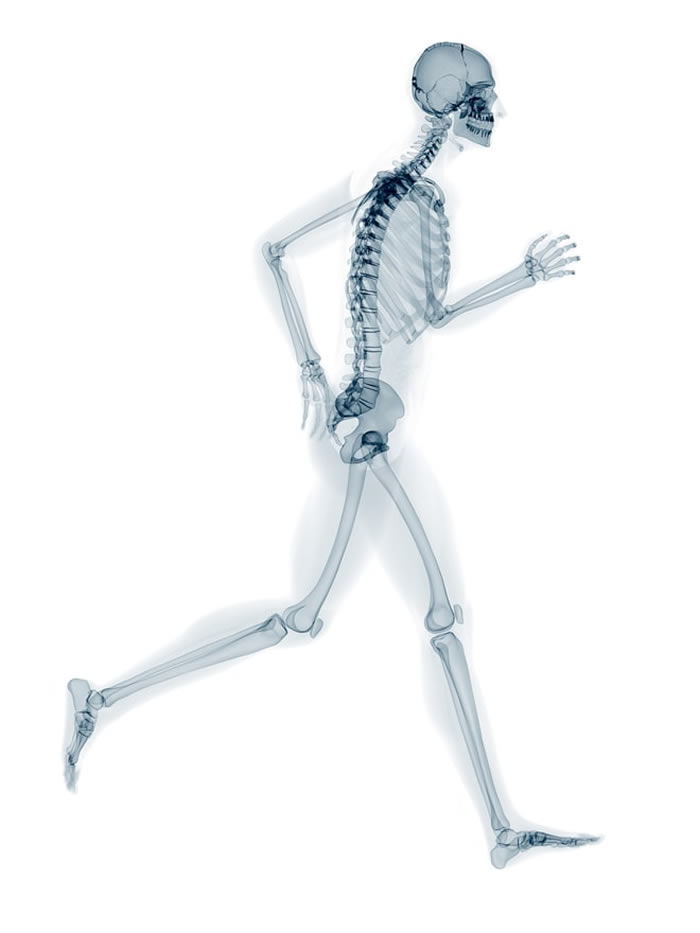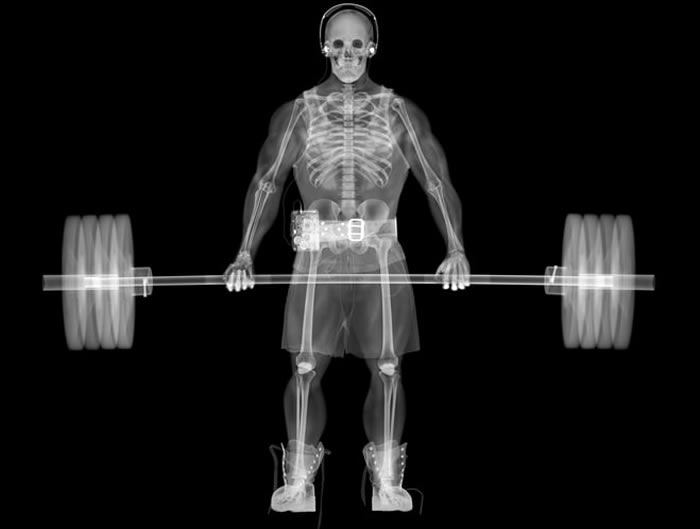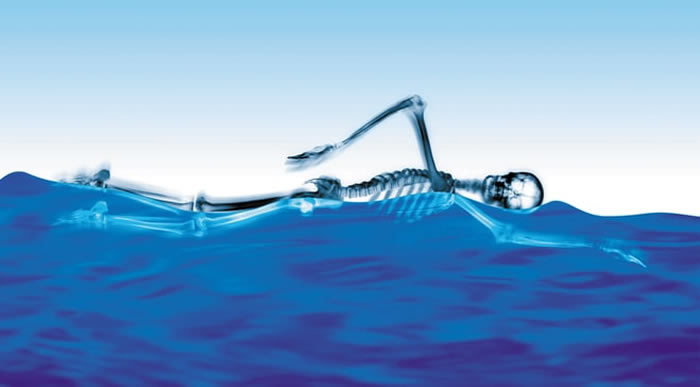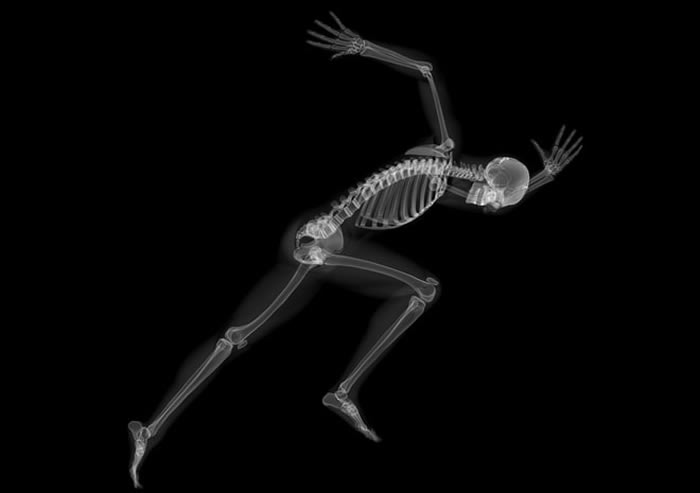6 Reasons You’re Still Injured
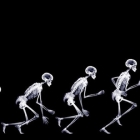
Any injury that takes you out of your game, whether that’s league soccer or a daily jog, can leave you feeling frustrated and powerless. But, in reality, you’re still in charge. John-Paul Rue, M.D., a board-certified orthopedic sports medicine surgeon with Mercy Medical Center in Baltimore, believes that up to 60 percent of recovery is driven by the patient and their willingness to actively participate in their own rehabilitation. But that’s a big responsibility, and, frankly, you could screw it up. Here are some of the most common recovery mistakes and how to avoid them.
[contentblock id=1 img=adsense.png]
Self-Diagnosing
In the age of DIY everything, doctors expect you to search your symptoms online before scheduling an appointment. Rue admits that WebMD can be a helpful resource, but it can’t replace an in-person visit. “There are things that are subtle to the patient, but not to so subtle to a trained examiner,” he explains. Plus, if panicked, late-night Googling has taught you anything, it’s that the best way to convince yourself you have an ailment you don’t is to read the same list of symptoms over and over again. Without a proper diagnosis, you won’t get the treatment you need, leaving you with a prolonged or indefinite recovery period. Instead of searching your symptoms, seek out a physician who specializes in sports medicine.
Read More: 5 Reasons to Include Squats in Your Daily Workout Regimen
Shortchanging Rest
The last thing a marathoner in-training wants to hear is, “Don’t run.” But a doctor won’t bench you just for the hell of it. “Most injuries need an initial period of rest,” explains Catherine Robertson, MD, orthopedic surgeon at UC San Diego Health and head team physician for the San Diego Padres. “This is generally short, but it’s important to allow inflammation and pain to subside.” You probably have what seems like a great reason for training through your injury. Maybe exercise is your go-to form of stress relief, or you have a race in six weeks. But if you skip the prescribed downtime, you can only expect your injury to linger or get worse. Suck it up and follow the doctor’s orders.
[contentblock id=2 img=adsense.png]
Going Too Hard Too Soon
The moment you start to feel better isn’t the time to return to your regular routine. “You don’t want to go straight from rest to full play,” says Robertson. “There are always several steps in between.” Remember that tissues may still be healing, and you need to allow time to rebuild your strength and endurance. Most physicians and therapists will tell you to start with a fraction of your normal workload (e.g., if you usually bike 12 miles, try two) and increase your effort no more than 15 percent from week to week. If you experience any pain or swelling, back off.
Settling for Mediocre Treatment
Your doctor is like the quarterback for your recovery; there are a lot of other factors at play, but their talent and communication skills help determine the final outcome. Don’t settle for the first name that pops up in your search results. Check credentials and ask about the populations they treat. “It’s important to find a physician who regularly takes care of active patients and athletes,” says Vijay Jotwani, M.D., Assistant Professor of Clinical Family Medicine at the Houston Methodist Institute for Academic Medicine. “Our goal is to get people active and keep them active over the course of their lives.”
Read More: 5 Pool Workouts for When You’re Sick of the Gym
Half-Assing Your Rehab
If you walk into a physical therapist’s office, you can count on walking out with take-home exercises. These aren’t optional, Rue explains. Recovery plans are progressive and include specific benchmarks that need to be met. “I can do the best surgery in the world, but if you don’t do your rehab, you won’t be any better. You have to buy in,” he says. If you struggle with motivation and consistency, a visual aid, like a check list or chart that maps out your recovery plan, can help keep you on track and focused on your goal.
[contentblock id=3 img=gcb.png]
Ignoring Underlying Issues
Sprained your ankle for the third time this year? An ACE bandage and a beer probably isn’t going to prevent it from happening again. A recurring injury may be a sign that there’s a muscle imbalance, weakness, or mobility issue elsewhere. “For example, a lot of people with pain in the front of the knee have very weak hips and core,” Robertson says. “Focusing solely on the knee may not work. However, strengthening the hips and core so that the knee is more stable may solve the problem.” If your doctor isn’t digging deeper, get a second opinion. Or see a physical therapist or chiropractor who can assess your overall strength and mobility.
